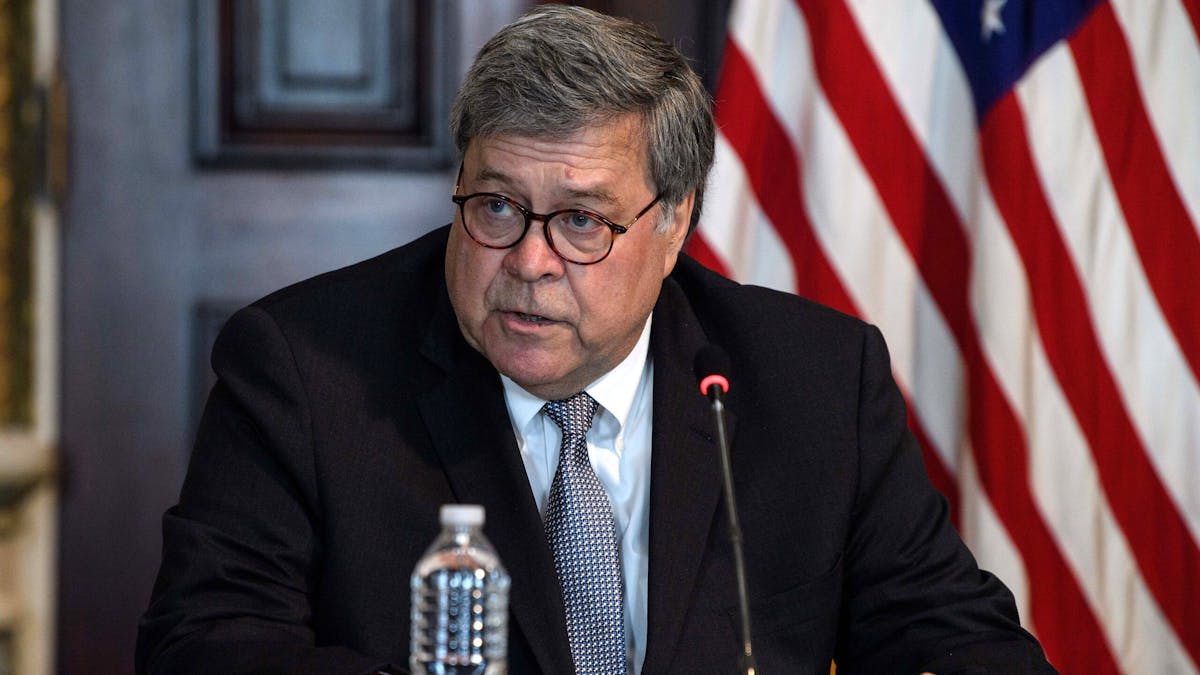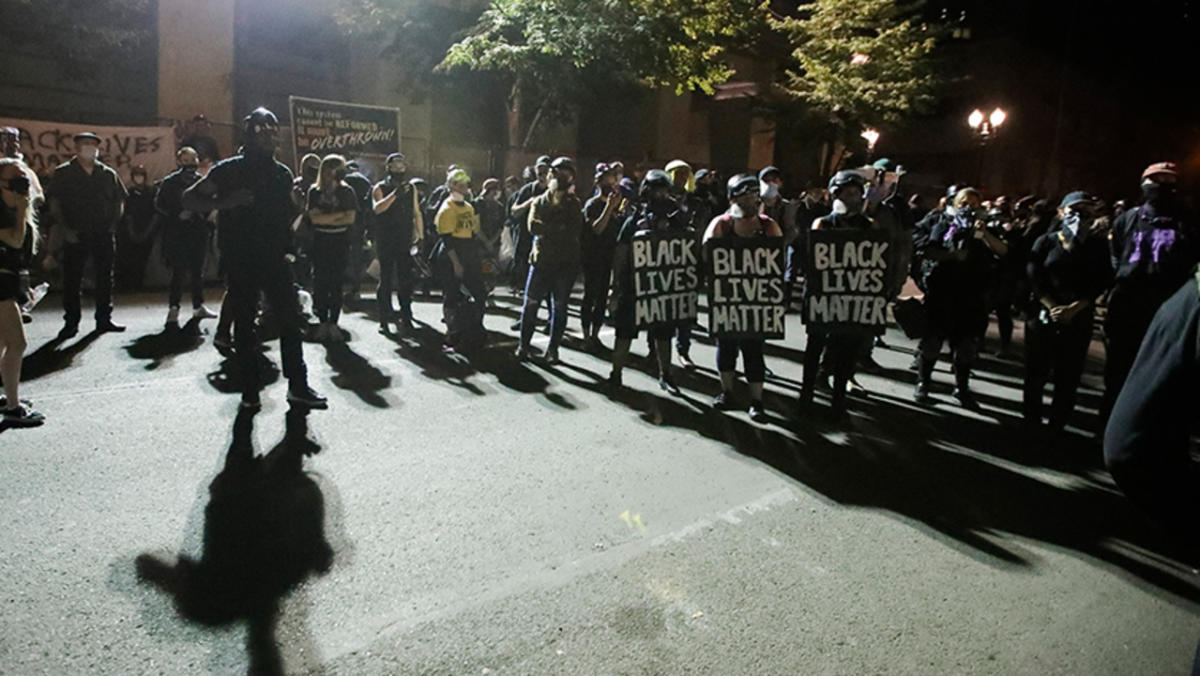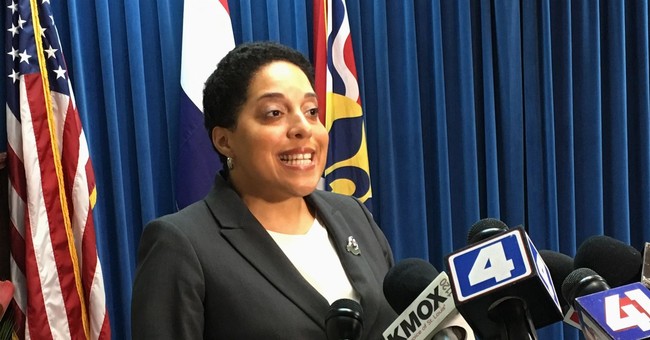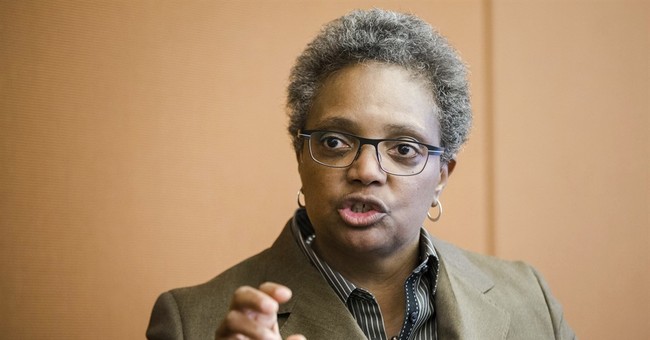Sounds like Trump and the Russians again.......
Abolish the Police? Those Who Survived the Chaos in Seattle Aren’t So Sure
What is it like when a city abandons a neighborhood and the police vanish? Business owners describe a harrowing experience of calling for help and being left all alone.
SEATTLE — Faizel Khan was being told by the news media and his own mayor that the protests in his hometown were peaceful, with “a block party atmosphere.”
But that was not what he saw through the windows of his Seattle coffee shop. He saw encampments overtaking the sidewalks. He saw roving bands of masked protesters smashing windows and looting.
Young white men wielding guns would harangue customers as well as Mr. Khan, a gay man of Middle Eastern descent who moved here from Texas so he could more comfortably be out. To get into his coffee shop, he sometimes had to seek the permission of self-appointed armed guards to cross a border they had erected.
“They barricaded us all in here,” Mr. Khan said. “And they were sitting in lawn chairs with guns.
For 23 days in June, about six blocks in the city’s Capitol Hill neighborhood were claimed by left-wing demonstrators and declared police-free. Protesters hailed it as liberation — from police oppression, from white supremacy — and a catalyst for a national movement.
In the wake of the killing of George Floyd by the Minneapolis police, the Black Lives Matter movement is calling to defund the police, arguing that the criminal justice system is inherently racist.
Leaders in many progressive cities are listening. In New York City, Mayor Bill de Blasio has announced a plan to shift $1 billion out of the police budget. The Minneapolis City Council is pitching a major reduction, and the Seattle City Council is pushing for a 50 percent cut to Police Department funding. (The mayor said that plan goes too far.)
Some even call for “abolishing the police” altogether and closing down precincts, which is what happened in Seattle.
That has left small-business owners as lonely voices in progressive areas, arguing that police officers are necessary and that cities cannot function without a robust public safety presence. In Minneapolis, Seattle and Portland, Ore., many of those business owners consider themselves progressive, and in interviews they express support for the Black Lives Matter movement. But they also worry that their businesses, already debilitated by the coronavirus pandemic, will struggle to survive if police departments and city governments cannot protect them.
On Capitol Hill, business crashed as the Seattle police refused to respond to calls to the area. Officers did not retake the region until July 1, after four shootings, including two fatal ones.
Now a group of local businesses owners — including a locksmith, the owner of a tattoo parlor, a mechanic, the owners of a Mexican restaurant and Mr. Khan — is suing the city. The lawsuit claims that “Seattle’s unprecedented decision to abandon and close off an entire city neighborhood, leaving it unchecked by the police, unserved by fire and emergency health services, and inaccessible to the public” resulted in enormous property damage and lost revenue.
The Seattle lawsuit — and interviews with shop owners in cities like Portland and Minneapolis — underscores a key question: Can businesses still rely on local governments, which are now rethinking the role of the police, to keep them safe? The issue is especially tense in Seattle, where the city government not only permitted the establishment of a police-free zone, but provided infrastructure like concrete barriers and portable toilets to sustain it.
The economic losses that businesses suffered during the recent tumult are significant: One community relief fund in Minneapolis, where early protests included vandalism and arson, has raised $9 million for businesses along the Lake Street corridor, a largely Latino and East African business district. “We asked the small businesses what they needed to cover the damage that insurance wasn’t paying, and the gap was around $200 million,” said Allison Sharkey, the executive director of the Lake Street Council, which is organizing the fund. Her own office, between a crafts market and a Native American support center, was burned down in the protests.
Some small businesses have resorted to posting GoFundMe pleas for donations online.
Many are nervous about speaking out lest they lend ammunition to a conservative critique of the Black Lives Matter movement. In Portland, Elizabeth Snow McDougall, the owner of Stevens-Ness legal printers, emphasized her support for the cause before describing the damage done to her business.
“One window broken, then another, then another, then another. Garbage to clean off the sidewalk in front of the store every morning. Urine to wash out of our doorway alcove. Graffiti to remove,” Ms. McDougall wrote in an email. “Costs to board up and later we’ll have costs to repair.”
The impact of the occupation on Cafe Argento, Mr. Khan’s coffee shop on Capitol Hill, has been devastating. Very few people braved the barricades set up by the armed occupiers to come in for his coffee and breakfast sandwiches. Cars coming to pick up food orders would turn around. At two points, he and his workers felt scared and called 911. “They said they would not come into CHOP,” said Mr. Khan, referring to one of the names that protesters gave to the occupied Capitol Hill area. “It was lawless.”
entire article:

 www.nytimes.com
www.nytimes.com
Abolish the Police? Those Who Survived the Chaos in Seattle Aren’t So Sure
What is it like when a city abandons a neighborhood and the police vanish? Business owners describe a harrowing experience of calling for help and being left all alone.
SEATTLE — Faizel Khan was being told by the news media and his own mayor that the protests in his hometown were peaceful, with “a block party atmosphere.”
But that was not what he saw through the windows of his Seattle coffee shop. He saw encampments overtaking the sidewalks. He saw roving bands of masked protesters smashing windows and looting.
Young white men wielding guns would harangue customers as well as Mr. Khan, a gay man of Middle Eastern descent who moved here from Texas so he could more comfortably be out. To get into his coffee shop, he sometimes had to seek the permission of self-appointed armed guards to cross a border they had erected.
“They barricaded us all in here,” Mr. Khan said. “And they were sitting in lawn chairs with guns.
For 23 days in June, about six blocks in the city’s Capitol Hill neighborhood were claimed by left-wing demonstrators and declared police-free. Protesters hailed it as liberation — from police oppression, from white supremacy — and a catalyst for a national movement.
In the wake of the killing of George Floyd by the Minneapolis police, the Black Lives Matter movement is calling to defund the police, arguing that the criminal justice system is inherently racist.
Leaders in many progressive cities are listening. In New York City, Mayor Bill de Blasio has announced a plan to shift $1 billion out of the police budget. The Minneapolis City Council is pitching a major reduction, and the Seattle City Council is pushing for a 50 percent cut to Police Department funding. (The mayor said that plan goes too far.)
Some even call for “abolishing the police” altogether and closing down precincts, which is what happened in Seattle.
That has left small-business owners as lonely voices in progressive areas, arguing that police officers are necessary and that cities cannot function without a robust public safety presence. In Minneapolis, Seattle and Portland, Ore., many of those business owners consider themselves progressive, and in interviews they express support for the Black Lives Matter movement. But they also worry that their businesses, already debilitated by the coronavirus pandemic, will struggle to survive if police departments and city governments cannot protect them.
On Capitol Hill, business crashed as the Seattle police refused to respond to calls to the area. Officers did not retake the region until July 1, after four shootings, including two fatal ones.
Now a group of local businesses owners — including a locksmith, the owner of a tattoo parlor, a mechanic, the owners of a Mexican restaurant and Mr. Khan — is suing the city. The lawsuit claims that “Seattle’s unprecedented decision to abandon and close off an entire city neighborhood, leaving it unchecked by the police, unserved by fire and emergency health services, and inaccessible to the public” resulted in enormous property damage and lost revenue.
The Seattle lawsuit — and interviews with shop owners in cities like Portland and Minneapolis — underscores a key question: Can businesses still rely on local governments, which are now rethinking the role of the police, to keep them safe? The issue is especially tense in Seattle, where the city government not only permitted the establishment of a police-free zone, but provided infrastructure like concrete barriers and portable toilets to sustain it.
The economic losses that businesses suffered during the recent tumult are significant: One community relief fund in Minneapolis, where early protests included vandalism and arson, has raised $9 million for businesses along the Lake Street corridor, a largely Latino and East African business district. “We asked the small businesses what they needed to cover the damage that insurance wasn’t paying, and the gap was around $200 million,” said Allison Sharkey, the executive director of the Lake Street Council, which is organizing the fund. Her own office, between a crafts market and a Native American support center, was burned down in the protests.
Some small businesses have resorted to posting GoFundMe pleas for donations online.
Many are nervous about speaking out lest they lend ammunition to a conservative critique of the Black Lives Matter movement. In Portland, Elizabeth Snow McDougall, the owner of Stevens-Ness legal printers, emphasized her support for the cause before describing the damage done to her business.
“One window broken, then another, then another, then another. Garbage to clean off the sidewalk in front of the store every morning. Urine to wash out of our doorway alcove. Graffiti to remove,” Ms. McDougall wrote in an email. “Costs to board up and later we’ll have costs to repair.”
The impact of the occupation on Cafe Argento, Mr. Khan’s coffee shop on Capitol Hill, has been devastating. Very few people braved the barricades set up by the armed occupiers to come in for his coffee and breakfast sandwiches. Cars coming to pick up food orders would turn around. At two points, he and his workers felt scared and called 911. “They said they would not come into CHOP,” said Mr. Khan, referring to one of the names that protesters gave to the occupied Capitol Hill area. “It was lawless.”
entire article:

Abolish the Police? Those Who Survived the Chaos in Seattle Aren’t So Sure (Published 2020)
What is it like when a city abandons a neighborhood and the police vanish? Business owners describe a harrowing experience of calling for help and being left all alone.














